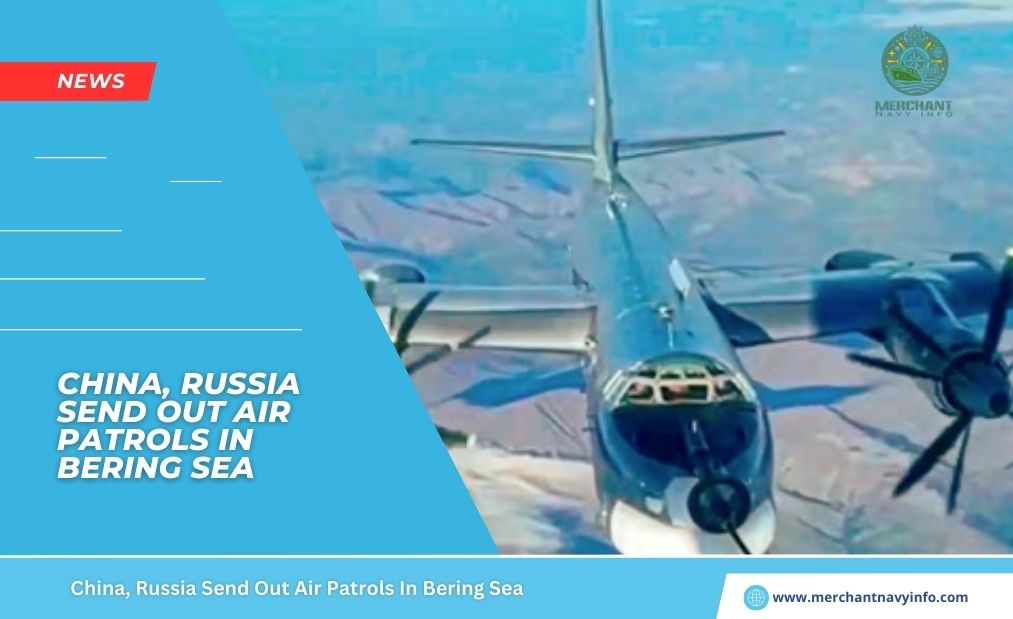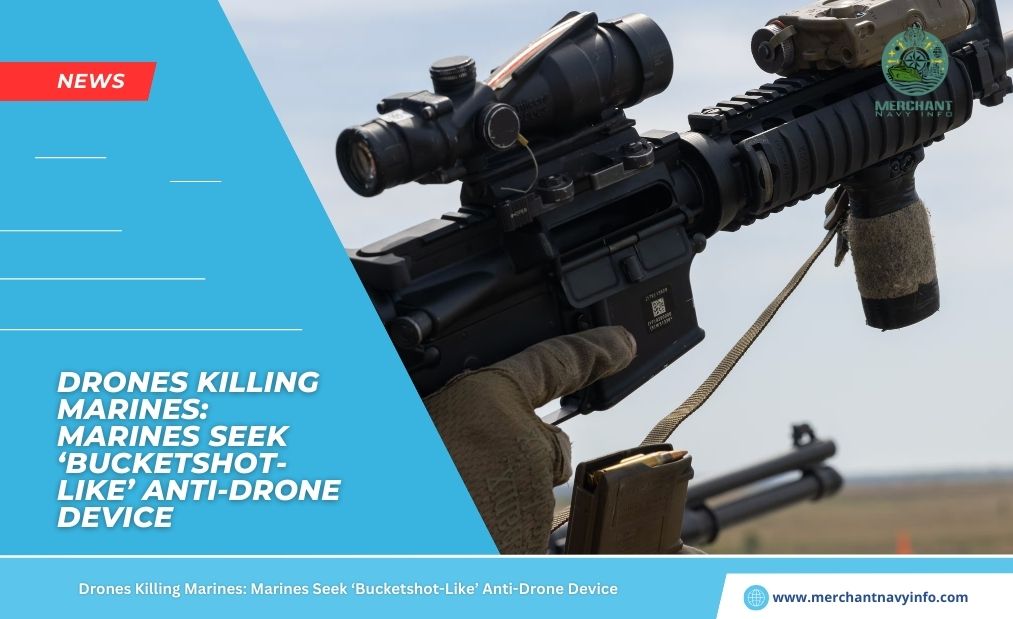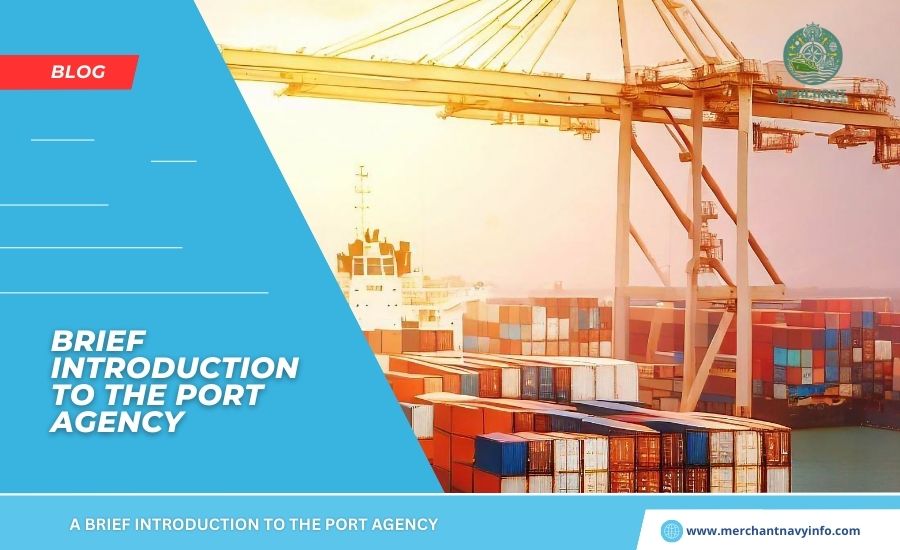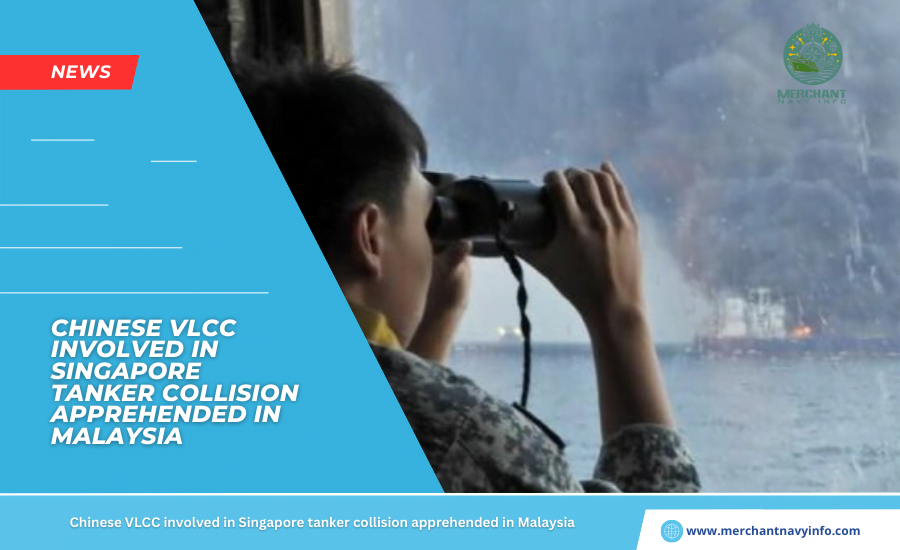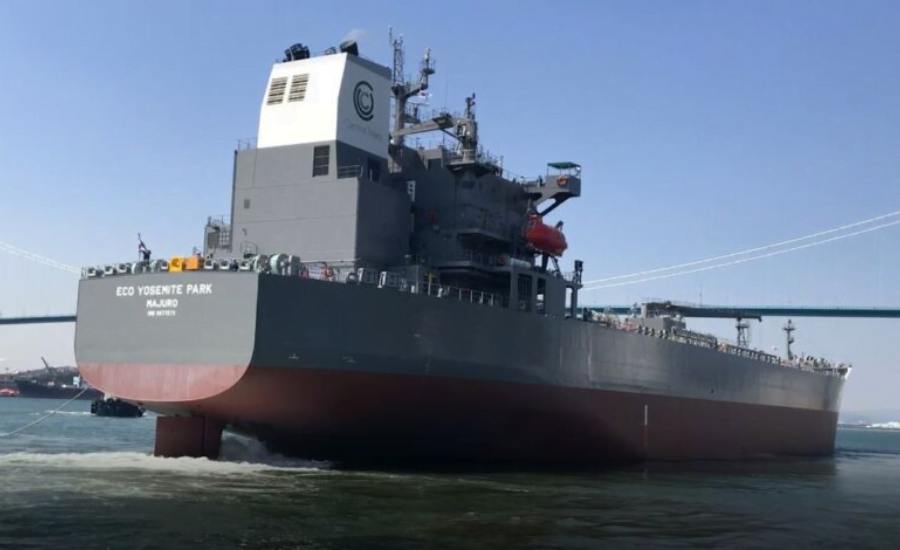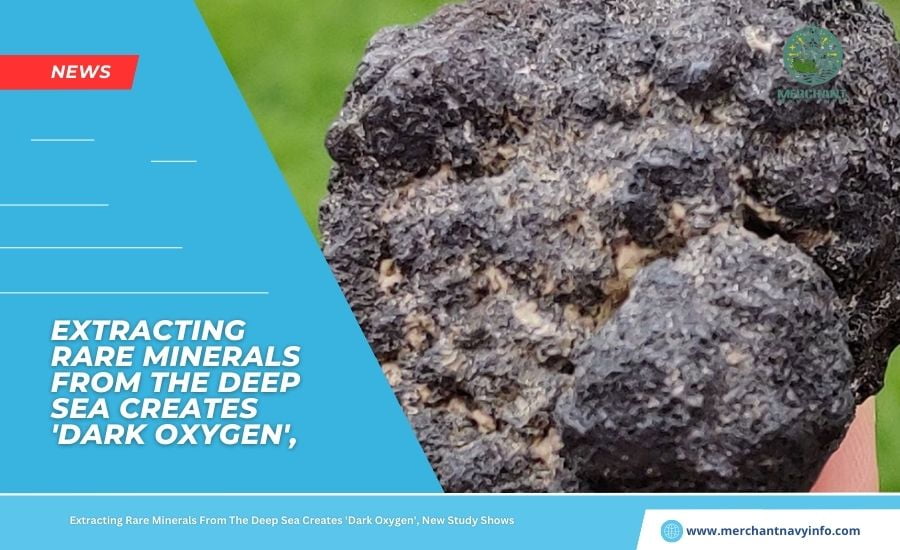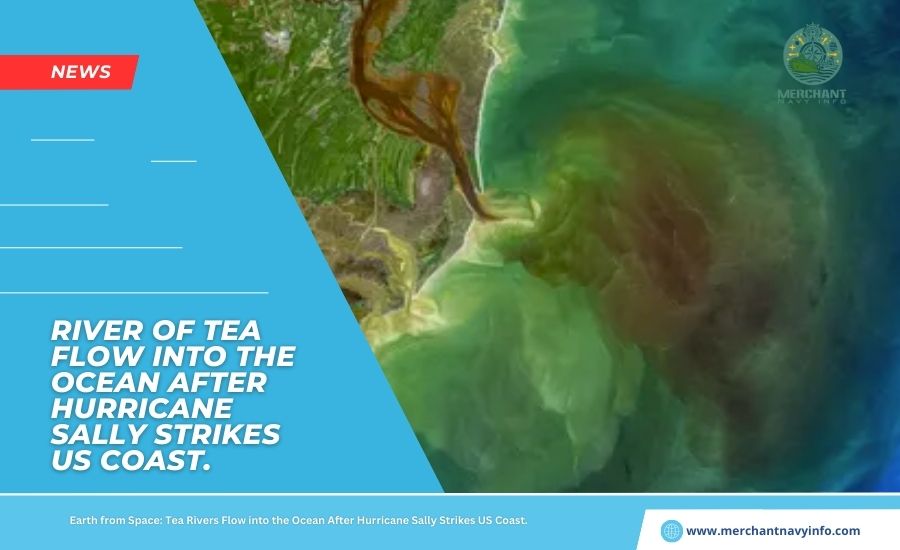
The forthcoming implementation of the 2024 amendments to the International Convention for the Safety of Life at Sea (SOLAS). Its associated Codes mark a significant milestone in merchant Navy compliance. As one of the most pivotal international treaties governing the safety of merchant ships, SOLAS undergoes periodic revisions to adapt to evolving industry standards and technological advancements.
These amendments encompass a range of technical provisions aimed at enhancing safety standards across various facets of maritime operations. Notable changes include
- enhancements to safe mooring operations
- modernization of the Global Maritime Distress
- Safety System (GMDSS)
- revisions to ensure watertight integrity.
Specifically, the amendments concerning safe mooring operations introduce additional requirements pertaining to the selection, arrangement, inspection, maintenance, and replacement of mooring equipment. This includes documentation requirements related to the design of mooring arrangements and the selection of appropriate equipment.
Furthermore, the newly introduced requirements are outlined within SOLAS Regulation II-1/3-8, focusing on towing and mooring equipment. These standards supplements by a set of comprehensive guidelines aimed at ensuring adherence to safety protocols:
- “Guidelines on the design of mooring arrangements and the selection of appropriate mooring equipment and fittings for safe mooring” (MSC.1/Circ. 1619)
- “Guidelines for inspection and maintenance of mooring equipment including lines” (MSC.1/Circ.1620)
- “Revised guidance on shipboard towing and mooring equipment” (MSC.1/Circ. 1175/Rev.1)
These guidelines are designed to provide clear direction on the design, inspection, and maintenance of mooring equipment to enhance safety standards. The applicability of these design requirements extends to new cargo and passenger ships constructed on or after 1 January 2024. Additional consideration is given to ships below 3000 GT where feasible. Furthermore, maintenance and inspection requirements will be retroactively enforced across all ships to ensure comprehensive compliance.
Modernization of the Global Maritime Distress and Safety System
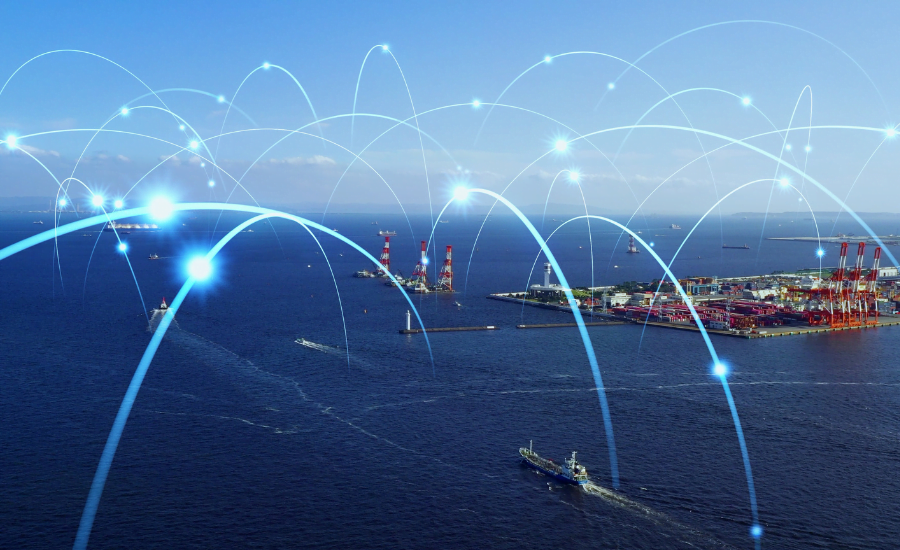
The Global Maritime Distress and Safety System (GMDSS) requirements have undergone modernization to incorporate more universal standards. Eliminating specific service provider dependencies and removing outdated system carriage mandates. Additionally, the communication equipment requirements have been relocated from SOLAS Chapter III to Chapter IV, focusing on radio communications.
These revisions also include updates to the definitions of sea areas A1 to A4 to accommodate variations in geographical coverage among satellite service providers. Since its establishment in 1988, Inmarsat has been the sole approved provider of satellite communication services for the GMDSS. However, with the recognition of Iridium as a service provider in 2018. The 2020 SOLAS update introduced the more inclusive term “recognized mobile satellite service.”
Consequential amendments have been applied to codes such as the High-Speed Craft (HSC) Code. The Special Purpose Ships (SPS) Code, and the Mobile Offshore Drilling Units (MODU) Code.
These amendments will take effect on 1 January 2024. Existing SOLAS certificates are not required to be reissued upon expiration due to the reorganization of SOLAS Chapters III and IV.
Watertight integrity
Amendments to SOLAS Chapter II-1 have been introduced to ensure that the requirements for watertight integrity in parts B-2 to B-4 align with the probabilistic damage stability approach outlined in parts B and B-1. These amendments address various aspects. Including assumptions related to progressive flooding, valves in the collision bulkhead, and the consideration of watertight doors.
These changes stem from experience gained with the revised SOLAS Chapter II-1 following the introduction of the probabilistic damage stability approach in the 2009 SOLAS update. This approach evaluates a ship’s probability of survival in the event of damage. Taking into account the extent and location of the damage. It is believed that the probabilistic approach provides a more realistic assessment of a ship’s condition in damaged situations. And also allows greater flexibility, such as in the placement of watertight bulkheads.
These amendments will be applicable to new cargo and passenger ships constructed on or after 1 January 2024 and will not impact existing vessels.
Watertight doors on cargo ships
The requirements for watertight doors on cargo ships have been revised across various regulations, including MARPOL Annex I, the Load Lines Convention, the IBC Code, and the IGC Code. These changes aim to ensure consistency in considering watertight doors in damage stability calculations, aligning them with SOLAS standards. The revisions address inconsistencies in the type of watertight doors (sliding, hinged), technical and operational requirements, and terminology regarding their use frequency.
The amendments to the Load Lines Convention and the IBC Code will take effect on 1 January 2024, while those to MARPOL Annex I and the IGC Code will come into force on 1 July 2024. These amendments are applicable to cargo ships and instead will not impact existing vessels.
Fault isolation of fire detection systems
Regarding the fault isolation of fire detection systems, there have been adjustments to the requirements. Specifically, short circuit isolators are no longer mandated to be installed at each individually identifiable fire detector for cargo ships and passenger ship balconies. Instead, for cargo ships, it is generally acceptable to have one short circuit isolator per deck.
However, these changes, outlined in the amendments to Chapter 9 of the Fire Safety Systems (FSS) Code, will become effective on 1 January 2024.
Life-saving appliances
Regarding life-saving appliances, several adjustments have been introduced to SOLAS Chapter III and the associated Life-Saving Appliances (LSA) Code:
- Launching appliances for new rescue boats weighing less than 700 kg are no longer in use to have stored mechanical power. Instead, they must be operable by a single person.
- Free-fall lifeboats are exempt from launch tests when the ship is moving at speeds of up to 5 knots in calm water, as these conditions do not add dynamic loads to the launching arrangements.
- Lifeboats with two independent propulsion systems are no longer in use to have buoyant oars.
These amendments, which apply to both cargo and passenger ships, will come into effect on 1 January 2024. Flag states are encouraged to implement the launch test provisions for free-fall lifeboats voluntarily ahead of this date.
Safety measures for ships using LNG as fuel
Concerning ships utilizing LNG as fuel, they have announce some amendments to the International Code for Safety. Ships using Gases or other Low-flashpoint Fuels (IGF Code) to incorporate insights gained since its inception in 2017. The key revisions focus on:
- Cofferdams for fire protection purposes (Chapter 6.7)
- Safe fuel distribution outside machinery spaces (Chapter 9)
- Fire protection between spaces with fuel containment systems (Chapter 11)
- Fixed fire-extinguishing systems in LNG fuel preparation spaces (Chapter 11)
Moreover, these amendments will be applicable to newly constructed ships using natural gas as fuel and will take effect on 1 January 2024.
Conclusion:
Looking ahead, the 2026 update of SOLAS will continue to build upon these amendments, reflecting ongoing efforts to uphold safety standards in the maritime industry. Despite challenges posed by the COVID-19 pandemic, the International Maritime Organization (IMO) remains committed to facilitating a robust regulatory framework to safeguard seafarers and maritime operations wor


